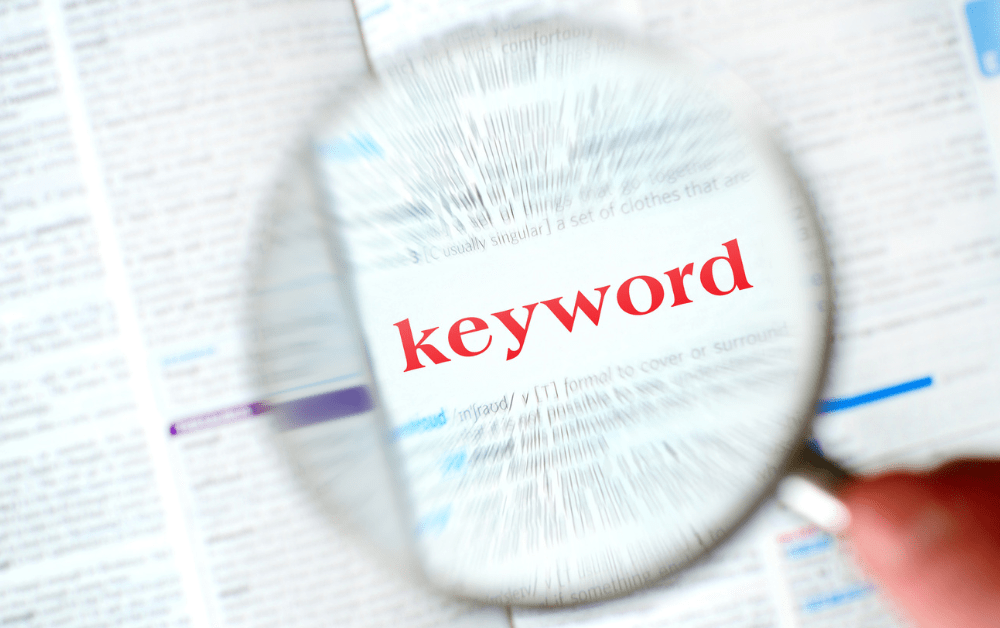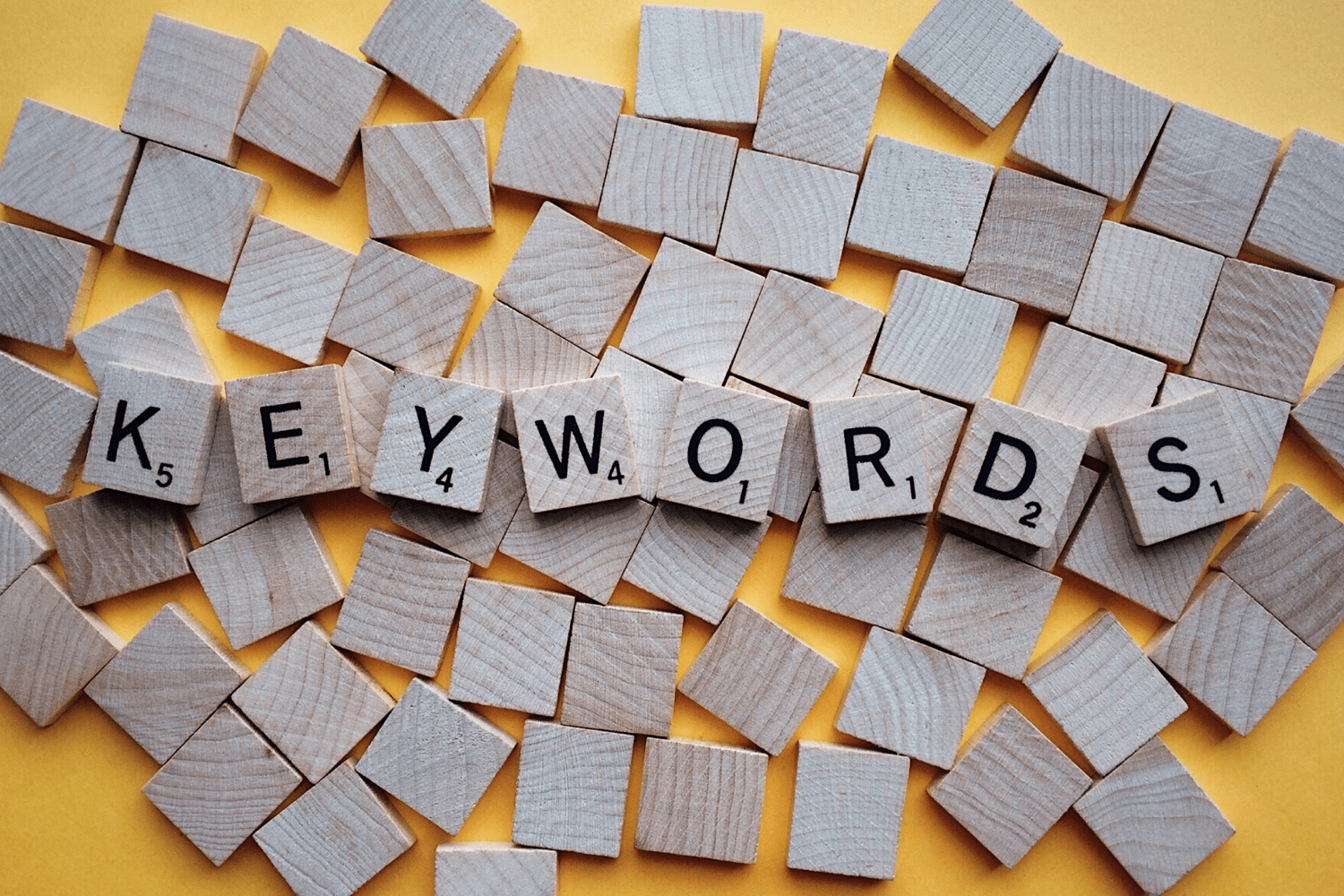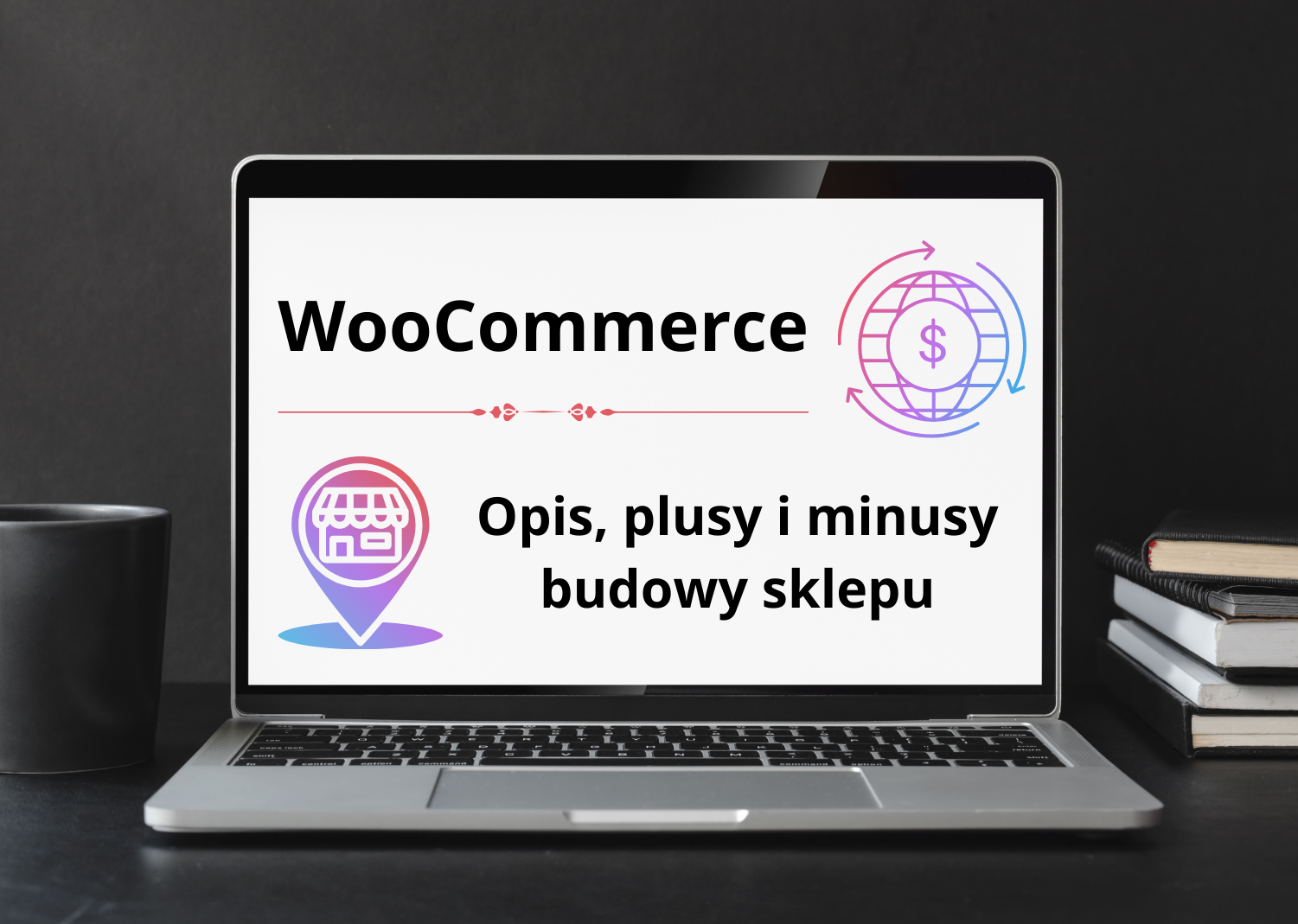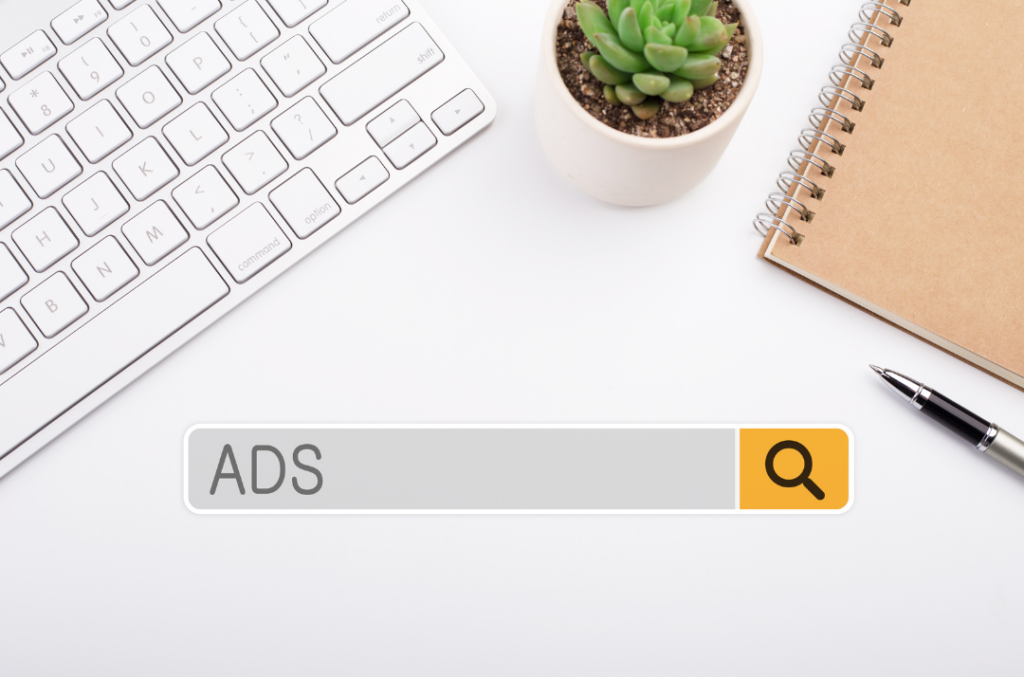
In a nutshell:
- What is Google Ads?
1.1 Advantages of Google Ads
- What is Facebook Ads?
2.1 Advantages of Facebook Ads
- Google Ads vs. Facebook Ads: Key differences
- How do you choose the right form of advertising?
- Integration of Google Ads and Facebook Ads
- Summary
Today, online advertising is a key part of many companies' marketing strategy. Google Ads and Facebook Ads are the two dominant forms of online advertising, which are often seen as competitors. In this article, we will look at how Google Ads and Facebook Ads work, what advantages they have and how to choose the best option for your business.
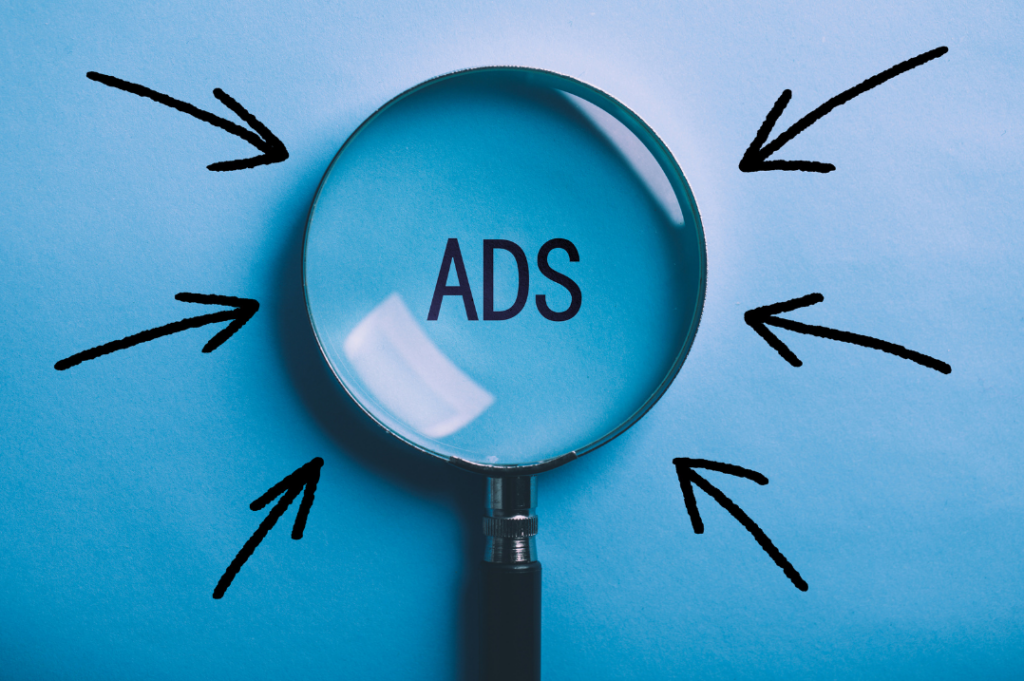
What is Google Ads?
Google Ads is a PPC (Pay-Per-Click) advertising platform that allows ads to be placed in Google's search results and on pages in Google's advertising network. Ads can take the form of search text or banners on Google partner sites. A key element of an effective Google Ads campaign is the careful selection of keywords, which enables ads to be displayed in response to specific user queries. The right choice of phrases is crucial to the effectiveness of the campaign.
Benefits of Google Ads:
- Wide range: Google is visited by billions of users every month, making this platform one of the most powerful online advertising tools.
- Accurate targeting: The ability to precisely target adverts based on keywords and location makes it possible to reach a well-defined audience.
- Rapid campaign launch: Google Ads campaigns can be initiated instantly. Once campaigns, ad groups, keywords and ad creation are set up, they are active almost immediately after approval.
- Precise tracking of results: Google Ads offers detailed data on impressions, clicks, traffic and conversions, allowing you to optimise your advertising campaigns on an ongoing basis.
- Flexibility in campaign management: You can switch advertising campaigns on or off at any time, allowing you to adapt your advertising activities to your current needs and objectives.
Do you want effective and fast online advertising?
Check Google Ads
What is Facebook Ads?
Facebook Ads is a social media advertising system that is based on users' interests and online behaviour. Ads can appear in various places on Facebook, such as relationships (stories), a user's wall, Marketplace or Messenger.
Advantages of Facebook Ads:
- Precise targeting: Ability to target adverts by interest, age, gender, location, education and user behaviour.
- Visual appeal: Graphics and videos are effective in capturing the audience's attention.
- Affordable price: Advertising costs are often lower compared to Google Ads.
- The Facebook Pixel: The ability to re-target people who previously interacted with an ad or visited a website but did not make a purchase, through the use of Facebook's Pixel.

Google Ads vs. Facebook Ads: Key differences
1 Campaign objective:
- Google Ads: Targeted at people actively seeking products or services, which is ideal for generating sales and gaining customers who are ready to buy.
- Facebook Ads: Target people based on their interests and online activity, which is effective in building brand awareness and engaging new audiences.
2. type of advertising:
- Google Ads: Text, graphic, product and video ads on YouTube.
- Facebook Ads: Visual adverts, videos, stories, ads in Marketplace and Messenger.
3. cost of advertising:
- Google Ads: The cost per click can be high, especially in competitive industries. A higher budget is needed for a successful campaign.
- Facebook Ads: The cost of advertising is often lower and more flexible, which is beneficial for companies with limited budgets.
Do you want to build your brand effectively?
Check out Facebook Ads packages
How do you choose the right form of advertising?
1. advertising budget:
- Low budget: Facebook Ads is more affordable for companies with limited advertising resources.
- Higher budget: Google Ads allows for more extensive campaigns and is effective in competitive industries.
2. marketing objectives:
- Building brand awareness: Facebook Ads can be more effective in building recognition and engagement.
- Sales generation: Google Ads is ideal for companies focused on attracting customers who are actively searching for products or services.
3. sales:
- Readiness to buy: Google Ads work best when customers are close to making a purchase decision.
- Building interest: Facebook Ads are more effective in the initial phases, when the aim is to attract attention and generate interest.
Not sure which option to choose - Facebook Ads or Google Ads?
Take advantage of free expert advice.
Integration of Google Ads and Facebook Ads
Both advertising platforms can be used simultaneously. Each provides unique targeting options and different ad formats, enabling you to reach different target groups and meet diverse marketing objectives. Using both platforms can significantly increase brand visibility and the effectiveness of advertising campaigns.
Google Ads and Facebook Ads offer different approaches to precise targeting. Google Ads focuses on users who are actively searching for specific products or services, while Facebook Ads allows targeting based on demographics, interests and behaviour. Choosing the right platform depends on your campaign objectives and overall marketing strategy.
What to avoid when setting up advertising campaigns on Google Ads and Facebook Ads platforms?
The most common mistakes are:
- Misaligned advertising content.
- Lack of precisely defined campaign objectives.
- Incorrect definition of the target group.
- Lack of systematic monitoring of effects.
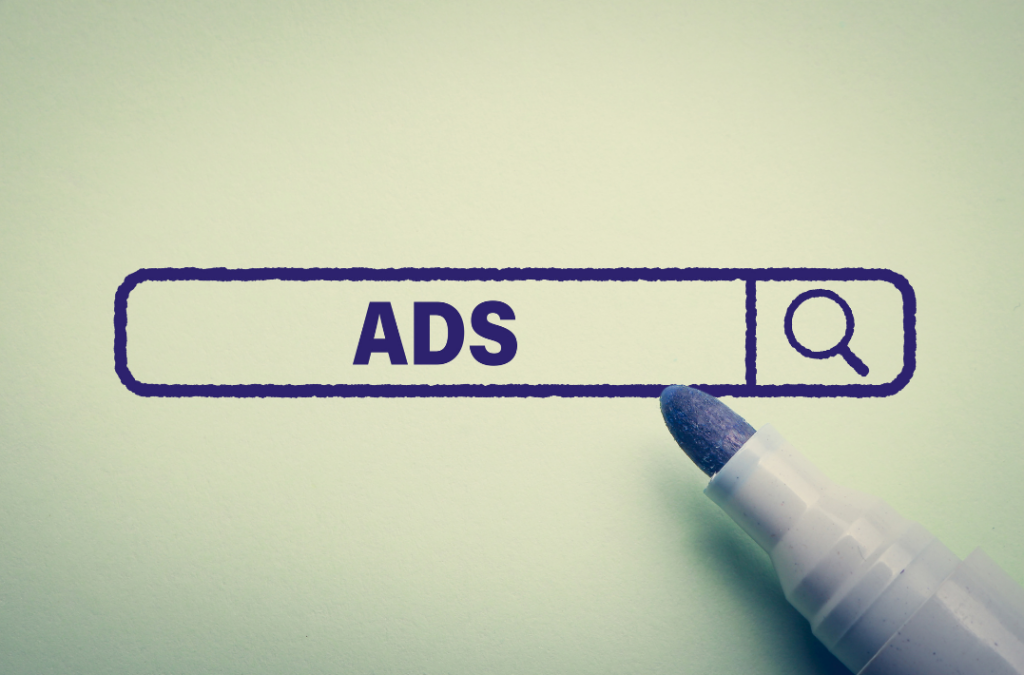
Summary
Google Ads and Facebook Ads are two effective advertising tools that can bring significant benefits if properly tailored to the needs of a particular business. Rather than choosing one or the other, consider using them together. The final choice depends on aspects such as budget, industry, marketing objectives and the phase the potential customer is in.
Facebook Ads can be ideal for new businesses or when launching a new product, while Google Ads will work better for established businesses looking to increase sales. A well-thought-out approach that maximises the potential of both platforms and achieves the desired marketing objectives is key.


 3 minutes reading
3 minutes reading